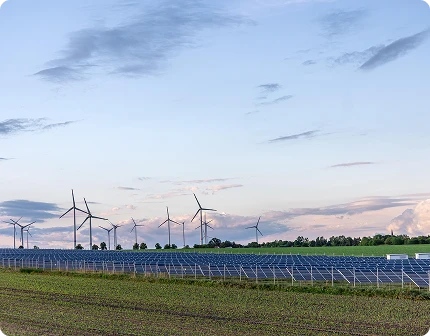|
For the past few months, Louisiana has been at the center of a major debate over how best to power the new Meta data center
in Richland Parish. Originally hailed as a project that would boost renewable energy in the state, it has instead become controversial after regulators approved construction of three new natural gas-fired power plants to meet the facility’s and state enormous energy needs. Critics argue the plant will tie Louisiana to decades of fossil fuel use, higher bills, and environmental risk, while supporters highlight the economic benefits of jobs and investment that the project will bring.
This debate underscores a larger truth: the use and development of renewable energy sources like solar is not primarily driven by government policy but by market forces. Across the country, the private sector is investing in solar power because it is increasingly affordable, scalable, and demanded by both industry and consumers. Data centers, manufacturing plants, and households alike are pushing for cleaner, cheaper power options. Markets are signaling that solar and other
renewables must be part of the mix if states like Louisiana, who are energy dependent, want to remain competitive and meet the growing demand for reliable electricity.
That is why Louisiana needs an all of the above energy policy, one that recognizes the importance of fossil fuels, while also embracing renewables like solar, wind and geothermal that bring diversity, resilience, and long-term cost savings and the ability to come online quickly. Pushing or punishing one energy source over another only creates division and uncertainty. Instead, Louisiana should focus on crafting a balanced energy portfolio that welcomes investment, protects communities, and delivers the power generation the state desperately needs to support growth.
|

